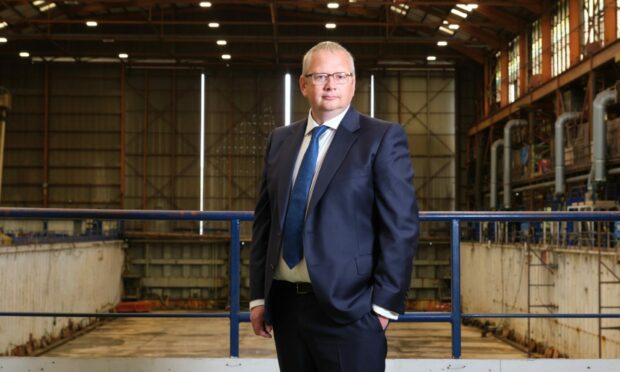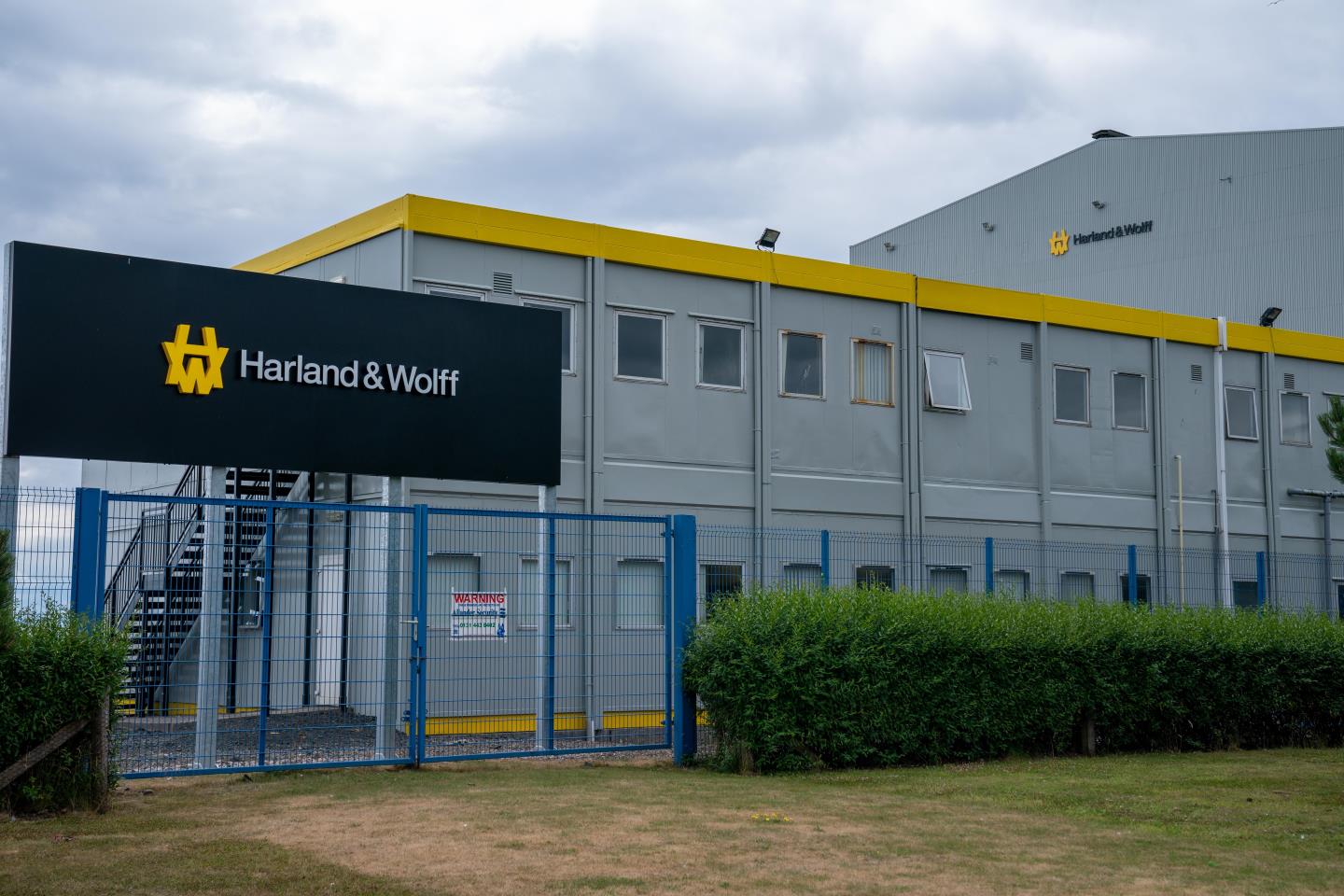Harland and Wolff – the maritime engineering firm which built the Titanic and owns the former BiFab wind manufacturing yard in Methil – is launching an Aberdeen technology business.
The shipbuilder, best known for construction of the cruise liner in Belfast, has ramping up its offering in the energy sector, with fabrication and decommissioning,.
It also owns a gas storage facility at Islandmagee.
It has announced the launch of a new fully-owned subsidiary – Harland and Wolff Technology (HWT).
The new business will be based in Aberdeen, which it describes as”the United Kingdom’s energy capital.”
Harland and Wolff said marine technologies are moving at “considerable pace” and ensuring it is at the “forefront” is essential.
Its focus on batteries, propulsion, future fuels and systems for vessels will make a “meaningful contribution” to the UK’s net zero targets.
The company said it is developing a suite of partnerships with original equipment manufactuers to that end.
Richard Davidson, most recently UK operations director at marine energy solutions firm Echandia, has been named managing director.
He has three decades of experience in the market.
At Echandia, Mr Davidson was responsible for developing and monetising large-scale battery storage tech for the marine market.
New tech firm keeps Harland and Wolff ‘at the forefront’
The Aberdeen firm will operate independently but in conjunction with company’s four delivery centres and shipyards across the UK.
Harland and Wolff said “HWT will be well placed to address a very sizeable business opportunity across these markets.”
Chief executive John Wood said: “The establishment of HWT enables us to be at the forefront of client requirements now and into the future.
“In the first instance, we will be focusing on in-service support including mechanical, pipework, fabrication and outfitting services.
“HWT’s offering will allow assets to be in operation whilst being serviced by our riding crews.
“Ultimately, this will reduce the time spent by an asset in a dry dock, keep it in continuous operation, and therefore reduce downtime costs, all of which are highly attractive outcomes for our clients.”



Conversation